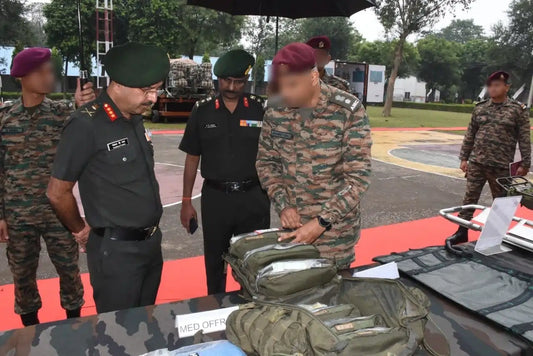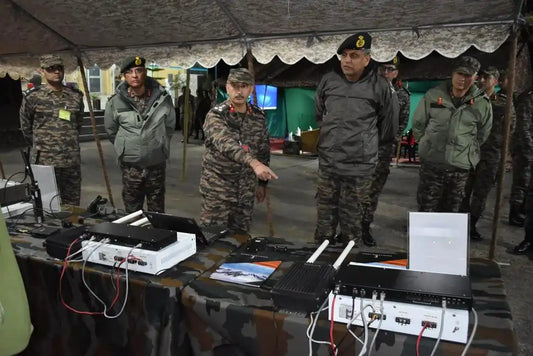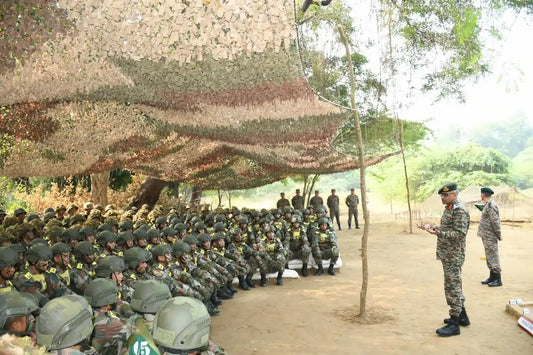Rear Admiral Rupak Barua Presides Over Naval Technical Staff Course Graduation at MILIT, Pune
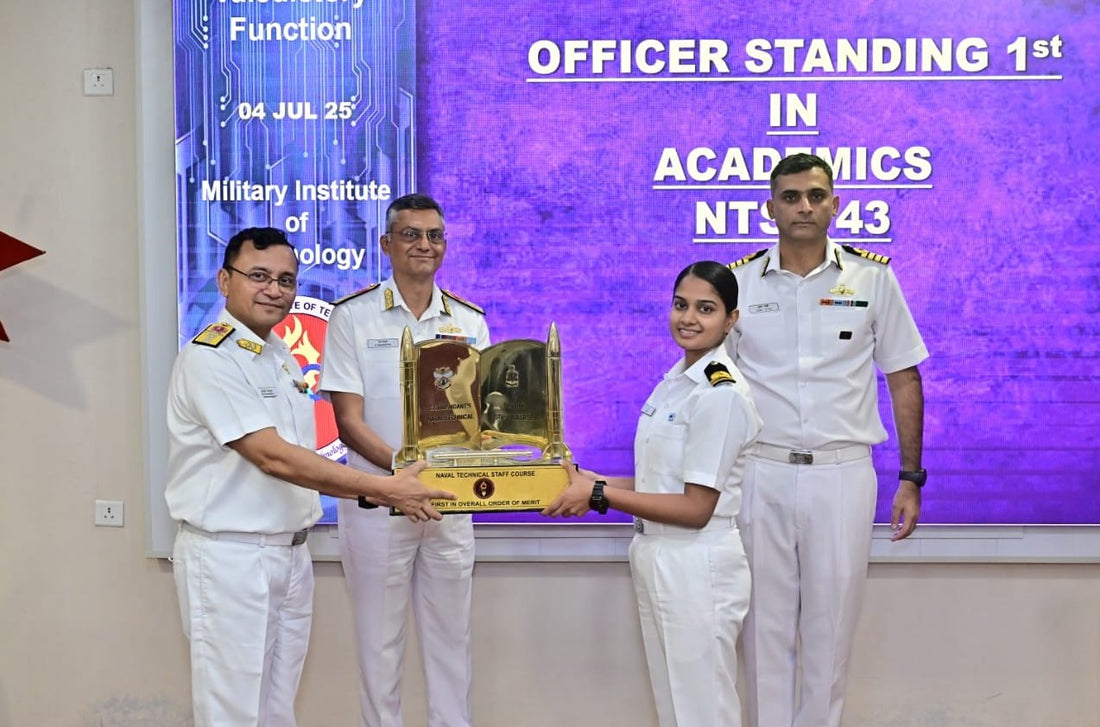
Rear Admiral Rupak Barua, serving as the Director General of Naval Armament Inspection, led the concluding ceremony of the 43rd Naval Technical Staff Course (NTSC-43) at the Military Institute of Technology (MILIT) in Pune. This event signified the culmination of an essential technical training program designed to bolster the Indian Navy's operational effectiveness through cutting-edge technological knowledge.
Assuming his current position on July 1, 2024, Rear Admiral Barua addressed the officers completing the course, stressing the vital need to incorporate advanced technologies such as sophisticated information systems and cybersecurity into naval strategies. He encouraged the officers to leverage these capabilities in forthcoming missions, reflecting the global trend towards technology-centered military operations. His statements were consistent with a RAND Corporation study indicating that the adoption of specialized technologies can enhance military efficiency by up to 30% in high-risk areas.

The ceremony also acknowledged individual academic success. Lt Sriponmalar P was honored for achieving the top academic position, while Lt Priya Nandal was recognized for her exceptional dissertation work. These achievements underscore the increasing involvement of women in the Navy, where female officers now make up 2.5% of the force, a growth since their introduction in 1992.
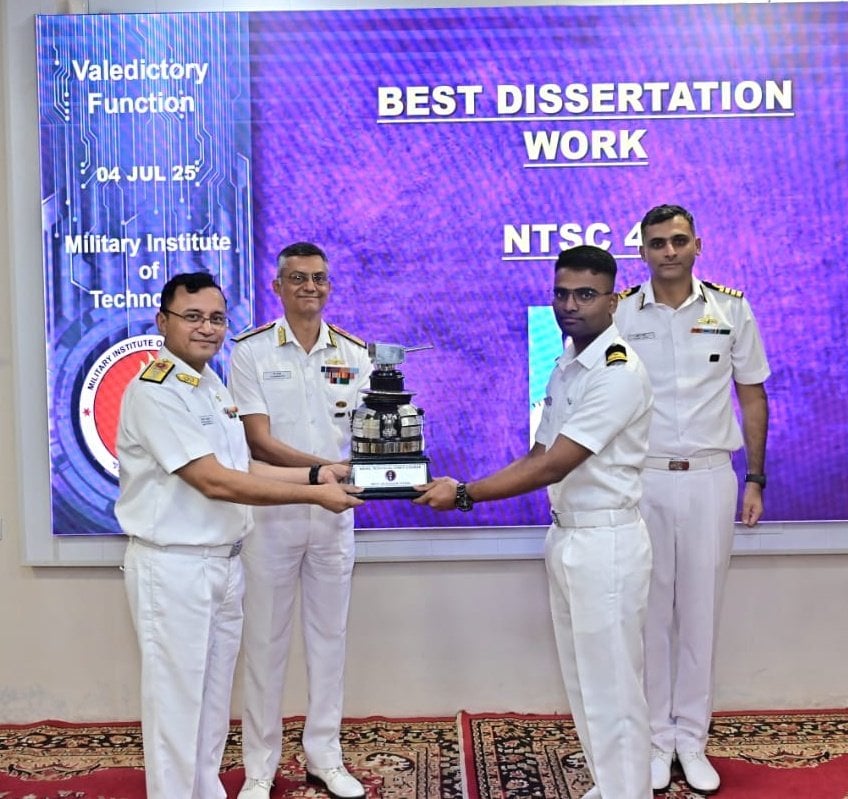
NTSC-43 is one of the premier courses offered by MILIT, aimed at arming naval officers with contemporary expertise in defense technologies. Since its inception in 1952 as the Institute of Armament Studies, the institution has evolved into a comprehensive tri-services training center, providing 23 varied courses that range from short-term sessions to programs lasting nearly a year. The primary focus remains on future-ready training, reinforcing India's efforts towards defense self-sufficiency and maritime preparedness.
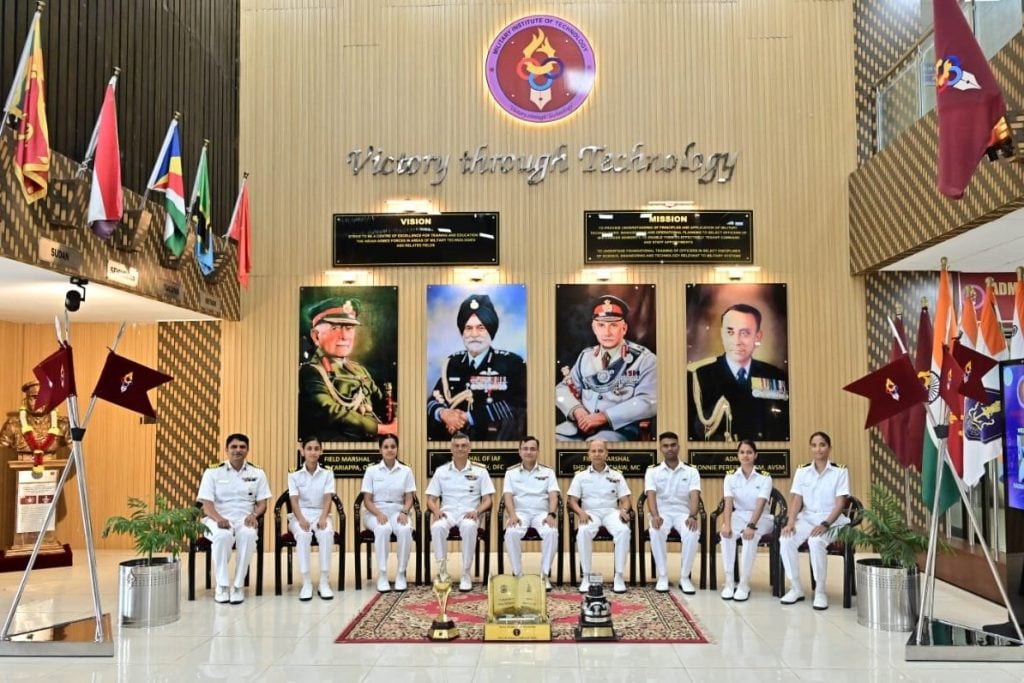
Rear Admiral Barua's involvement in the ceremony highlighted his dedication to promoting technological advancement and preparing naval personnel for complex strategic challenges, particularly in the Indo-Pacific region, which accounts for 60% of the world's maritime trade. His leadership is anticipated to be pivotal in synchronizing the Navy's training and armament inspection frameworks with evolving international standards.
